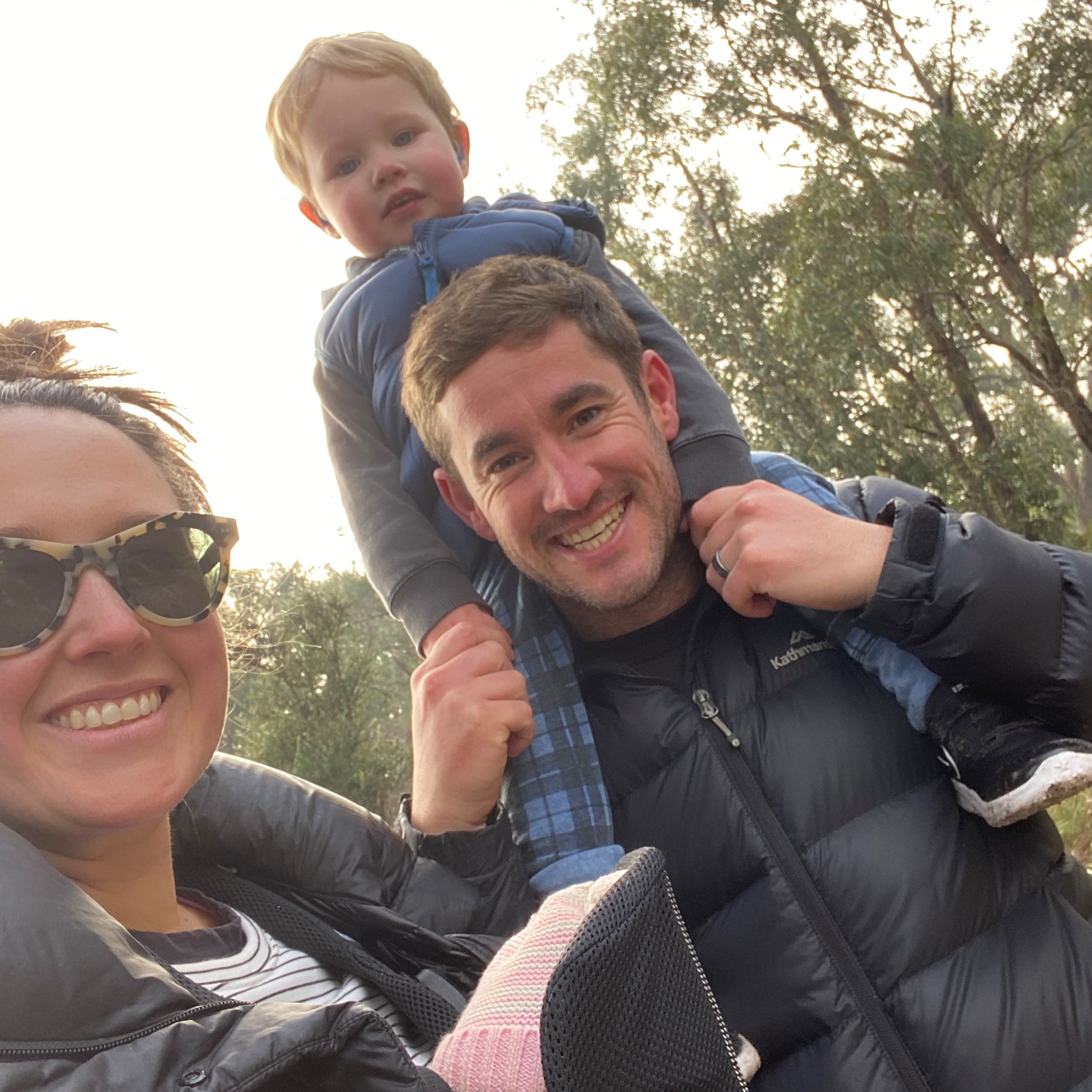Stories
New trial for Usher syndrome vision loss
As a new clinical trial investigates a potential treatment to slow vision loss from Usher syndrome, Shelley Alderman shares her son Noah’s experience of living with the condition.
When Noah Alderman had a routine hearing test on the day after he was born, his parents were given news no parent wants to receive – their baby had been born with moderate to severe hearing loss.
“That was quite a shock,” recalls his mother, Shelley.
“He was our first baby, it’s just a routine test, and you are told they haven’t passed. Obviously, we went through all the emotions with that.”
Just over two years later, there was an even greater shock in store – one that explained the hearing loss and also had serious ramifications for the little boy’s vision.
Noah (pictured above with his sister Olive) was diagnosed with Usher syndrome, a rare genetic condition that is responsible for hearing loss or deafness, gradual vision loss and, sometimes, balance problems. There is no cure.
Waiting game
Now aged three, Noah, who wears hearing aids to help with his hearing, has normal vision, but is expected to start losing his sight during his teenage years – although how fast or severely that will happen is unknown.
“The doctors try to give you a timeline, but for every person it’s different,” Shelley explains. “They say he will first have night vision loss and then his peripheral vision will start to deteriorate. But there’s no set path. It’s just a waiting game, really.”
The diagnosis of Usher syndrome came when Shelley was 30 weeks pregnant with daughter Olive.
While Olive was found to not have Usher syndrome, her older brother was found to have type 2 of the condition.
The disorder, which is passed from both parents to a child through faulty genes, is grouped into three main types. Types vary according to age and severity of symptoms.
Retinitis pigmentosa
Associated with Usher syndrome is a hereditary eye disease called retinitis pigmentosa. This is what will cause Noah’s vision loss.
The disease affects the light-sensitive layer at the back of the eye known as the retina. It has no cure.
People typically manage the progressive vision loss in a range of ways, including Braille, magnifying aids and guide dogs.
While there is no treatment for retinitis pigmentosa, a new research project is in search of one.
In a world-first clinical trial, researchers at the Centre for Eye Research Australia (CERA) are investigating whether an antioxidant oral tablet can slow down vision loss from retinitis pigmentosa in people with Usher syndrome.
Oxidative stress
The trial is being led by principal investigator Dr Jonathan Ruddle, a Melbourne eye surgeon.
Dr Ruddle explains people with retinitis pigmentosa develop a harmful problem called oxidative stress in the eyes.
“Oxidative stress causes damage to the photoreceptors (cells that help you see), and this can ultimately lead to vision loss,” he says.
“We’re hoping that the antioxidant tablet we are giving people will slow down that vision loss. It would be life-changing for people.”
Clinical trial
Nearly 50 Australian adults with Usher syndrome are being recruited to take part in the trial. Some participants are being given the oral tablet that may protect against oxidative stress. Others are being given placebo tablets.
The study, called Safety and Efficacy of NPI-001 Tablets versus Placebo for Treatment of Retinitis Pigmentosa Associated with Usher Syndrome (SLO RP), is sponsored by Nacuity Pharmaceuticals and will follow the participants for two years.
For Shelley and husband Will, the research fuels hope that effective treatment might be found by the time their “cheeky, fun-loving and determined” boy is a teen.
“It would be a game changer for us,” Shelley says.
“We’re going to prepare Noah for the chance he might lose his vision, but if a treatment comes to fruition that will stop his world from going dark, that would just mean the world to us and would be amazing for so many people with retinitis pigmentosa.”
More information
Eye researchers from four Australian research sites are seeking people aged 18 years and above to take part in the two-year clinical trial mentioned above.
The sites are:
- Centre for Eye Research Australia, Melbourne
- Save Sight Institute, Sydney Eye Hospital, Sydney
- Lions Eye Institute, Perth
- Queensland Eye Institute, Brisbane
For details on how to take part, email IRD@groups.unimelb.edu.au
For more details on the clinical trial visit https://www.clinicaltrials.gov/ct2/show/NCT04355689
CERA thanks the Alderman family and Usher Kids Australia for assistance with this story.

